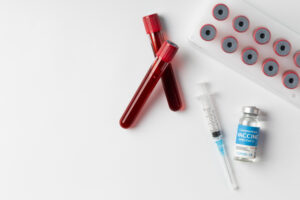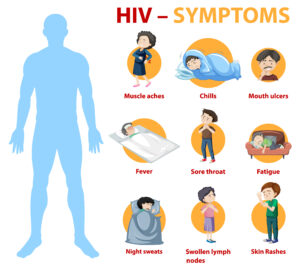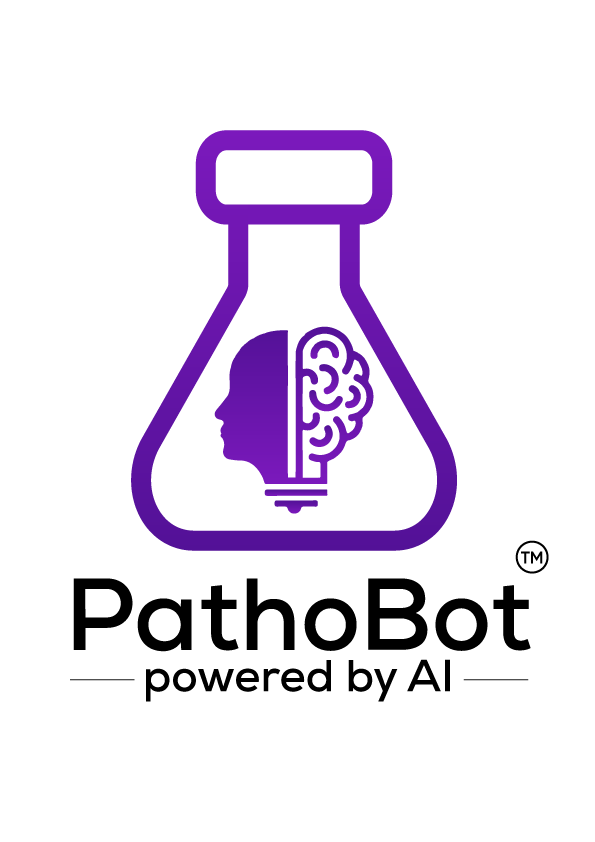Know About HIV/AIDS
Human Immunodeficiency Virus (HIV) is a virus that attacks the body’s immune system. HIV is a sexually transmitted infection (STI) that can also be transmitted from mother to child during childbirth, through the sharing of needles or syringes, or through the use of contaminated blood transfusions.
There are two main types of HIV: HIV-1 and HIV-2. HIV-1 is the more common and more severe form of the virus. HIV-2 is less common and typically less severe than HIV-1, but it can still lead to AIDS.
The early symptoms of HIV can include flu-like symptoms, such as fever, sore throat, and swollen lymph nodes. Some people may also experience a rash, fatigue, and muscle aches. However, many people do not experience any symptoms at all during the early stages of HIV infection.
As HIV progresses, it can lead to acquired immunodeficiency syndrome (AIDS). AIDS is a severe, advanced stage of HIV infection that occurs when the body’s immune system is severely damaged and is unable to fight off infections and diseases. Symptoms of AIDS can include rapid weight loss, persistent fever, chronic diarrhea, and severe pneumonia.
It is important to get tested for HIV if you think you may be at risk of infection. There are effective treatments available for HIV that can help to suppress the virus and slow the progression of the disease. Early diagnosis and treatment can help people with HIV live longer, healthier lives.

The most common symptoms of HIV/AIDS are:
- Fatigue
- Fever
- Rash
- Night sweats
- Swollen lymph nodes
- Mouth sores
- Muscle aches
- Sore throat
- Diarrhea
- Weight loss

However, it’s important to note that many people with HIV may not experience any symptoms at all for several years after infection. In fact, some people may not realize they have HIV until they are diagnosed with AIDS.
HIV is transmitted through contact with the blood, vaginal secretions, or breast milk of an infected person. It can be spread through sexual contact, sharing needles or other injection drug equipment, or from mother to child during childbirth or breastfeeding.
There is no cure for HIV/AIDS, but there are medications known as antiretroviral therapy (ART) that can suppress the virus and help prevent progression to AIDS. These medications can also reduce the risk of transmitting HIV to others. If diagnosed and treated early, people with HIV can live long, healthy lives.
